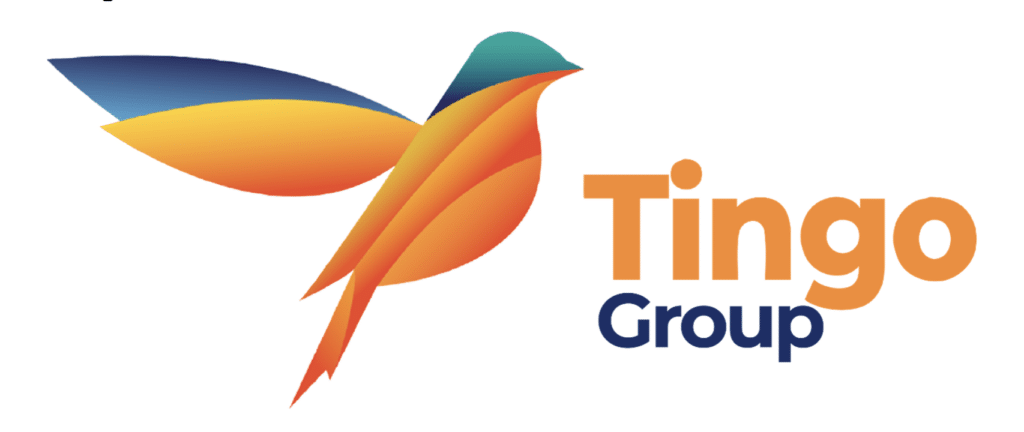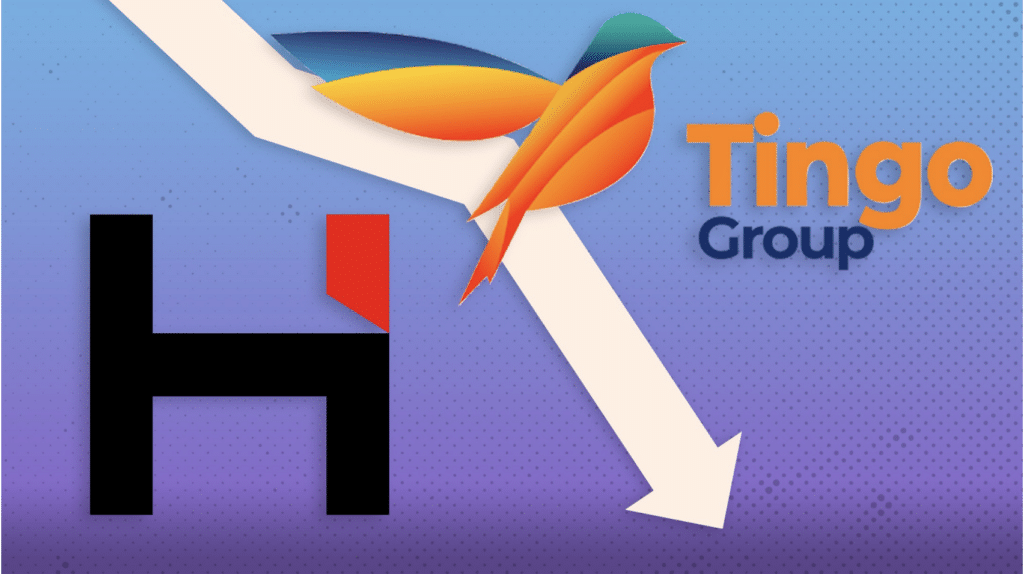Tingo (NASDAQ: TIO) is a company operating in the agricultural and fintech space in Nigeria and other parts of West Africa. Tingo is also the latest target of Hindenburg who insist the entire set up is a scam from start to finish. Well, that certainly plays into all our prejudices about Nigerian 419 scams and the rest, doesn’t it? What matters is who is right here. Tingo are, in fact, growing a massive business very quickly indeed. Or, Hindenburg has spotted a mountain of lies.

Sure, I have my opinion here and no doubt you do. For me this is one of those not touching it with your bargepole. But I have to admit that I do not know, I only surmise. I surmise from the point of view of someone who has, several times, given expert evidence in financial fraud cases (yes, they were guilty, still serving time) but that doesn’t mean that I know here, only that I’m sniffing what I think is an odour.
The Hindenburg claims about Tingo
And, well, Hindenburg makes a case. There’s the answer from Tingo in their investor call. Which, to me, is actually hilarious. Because no actual questions are asked by anyone outside the Tingo Group. That’s one of those little things that gets my spidey-senses working overtime. Hindenburg responds again and mocks what was said.
As I say, I don’t know. West Africa isn’t my geographic area, farming and agritech isn’t my field. I can offer an opinion – see above about bargepoles – but I can’t be categoric as to matters of fact.

So what if Tingo really is Polly Peck?
So, let me change the angle here. Older folks like me will recall Polly Peck. Quoted in London it went from pennies to £32 on the back of making an absolute fortune in Turkish citrus fruits. Seems like an odd place and an odd industry to produce fortunes but there we are. Polly Peck financed citrus farmers, bought their production, boxed it and sold – making a fortune. They had real, audited accounts which showed they made a fortune too. Until the day they ran out of money and went bust.
The secret was that they were borrowing in Swiss Francs to finance farmers in Turkish Lira. That was the essence of the deal and the whole of the deal. The bit of background you need is that CHF back then was an appreciating currency and interest rates were 2 and 4%. TRY was then, as now, a rapidly depreciating currency with high inflation and high nominal interest rates. And that’s how the deal – if you prefer scam then use that word – worked.
The trick was to borrow in CHF at those low interest rates. Then to lend to the Turkish farmers in TRY. They buy their fertiliser, fuel for tractors and so on. A year later at harvest they sell the oranges to Polly Peck – minus the repayment of the loans with interest.
Interest rates and FX changes
TRY interest rates were 50% and more. So, PP booked massive income from that interest. They also paid the CHF interest at, say, 4%. Hey, that’s pretty cool. That’s a net interest margin of 46%. No wonder profits were high. And that 46% or whatever net interest margin moved across the profit and loss, properly audited and all was good.
But the perceptive will note that in the medium term relative exchange rates are determined by relative inflation rates. This must be so, money buys stuff so if nominal prices change so will the real prices of currencies. This is also why TRY has fallen so badly against USD more recently, relative inflation rates. Back then TRY was falling against CHF by perhaps 50% a year. That’s also why interest rates were so high, they were still negative in real terms but high in nominal. So, the TRY received back at the end of the year from the farmers was worth half the CHF amount they started out the year being worth. So those interest gains were offset by FX losses. Oh well, that’s pretty standard economics and the way it happens.
But in accounting terms – back then at least – things were different. Those FX losses were written off on the balance sheet without going through the P&L. So high – v high – reported profits with a stonking great loss reported in the footnotes to the balance sheet. Which worked until it didn’t. Until Polly Peck could no longer borrow any more money because they’d lost, through FX, all the money they’d borrowed before. At which point they went bust with a bang, that’s bang with a capital B.
Yes, Polly Peck was a fraud as well, and Tingo?
Now, there were other bits that led to fraud charges, fleeing the jurisdiction and so on. But the real Polly Peck story, the heart of it, was that. Borrowing in a strong, low interest rate, currency, lending in a declining currency with high nominal interest rates. Declaring the net interest margin as profits, writing off the FX as exceptional losses on the balance sheet, not through the P&L.
Now back to Tingo. This giving farmers phones so they can deal with the company. Lending (that’s the fintech part of the agri) to them. Interest rates in Naira (NGN) are 18.5% at the central bank, maybe 30% (??) to farmers. Inflation’s 20% and more but no one really knows. The Naira is declining against USD given that the government is no longer trying to control that FX rate. You can see that someone might get tempted to run Polly Peck all over again. Borrow in USD – or even raise capital though an IPO in USD – to lend in Naira, run the interest margin through the P&L, FX through the balance sheet, this works at producing vast profits until they run out of money and go bust – again with that capital B.
Please note that I do not say this is happening. Hindenburg says that the entire thing is just a pack of lies. I’m just running through my knowledge of past disasters to find something that could explain the current observed – or at least claimed – numbers. If – IF – Tingo is running Polly Peck again then that would indeed explain the claimed numbers. As would it all being Hindenburg’s pack of lies of course.
To be honest I think that we’re all better off accepting the Hindenburg opinion here. But I just wanted to put out there the idea that there is this alternative. Doesn’t change the end result in the slightest, Tingo still goes to zero. It’s just a different explanation of how it gets there. Interest rate profits, FX losses.